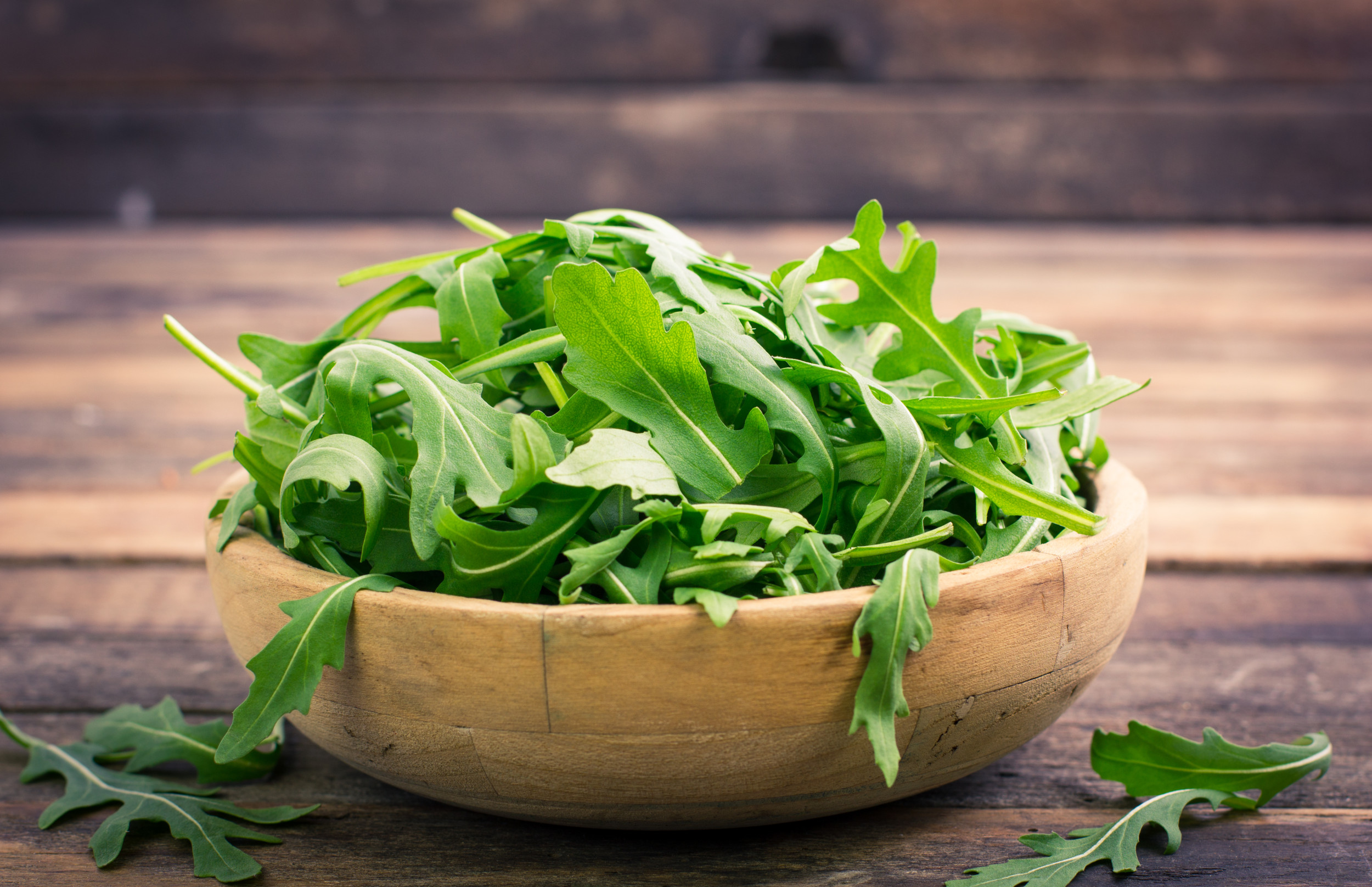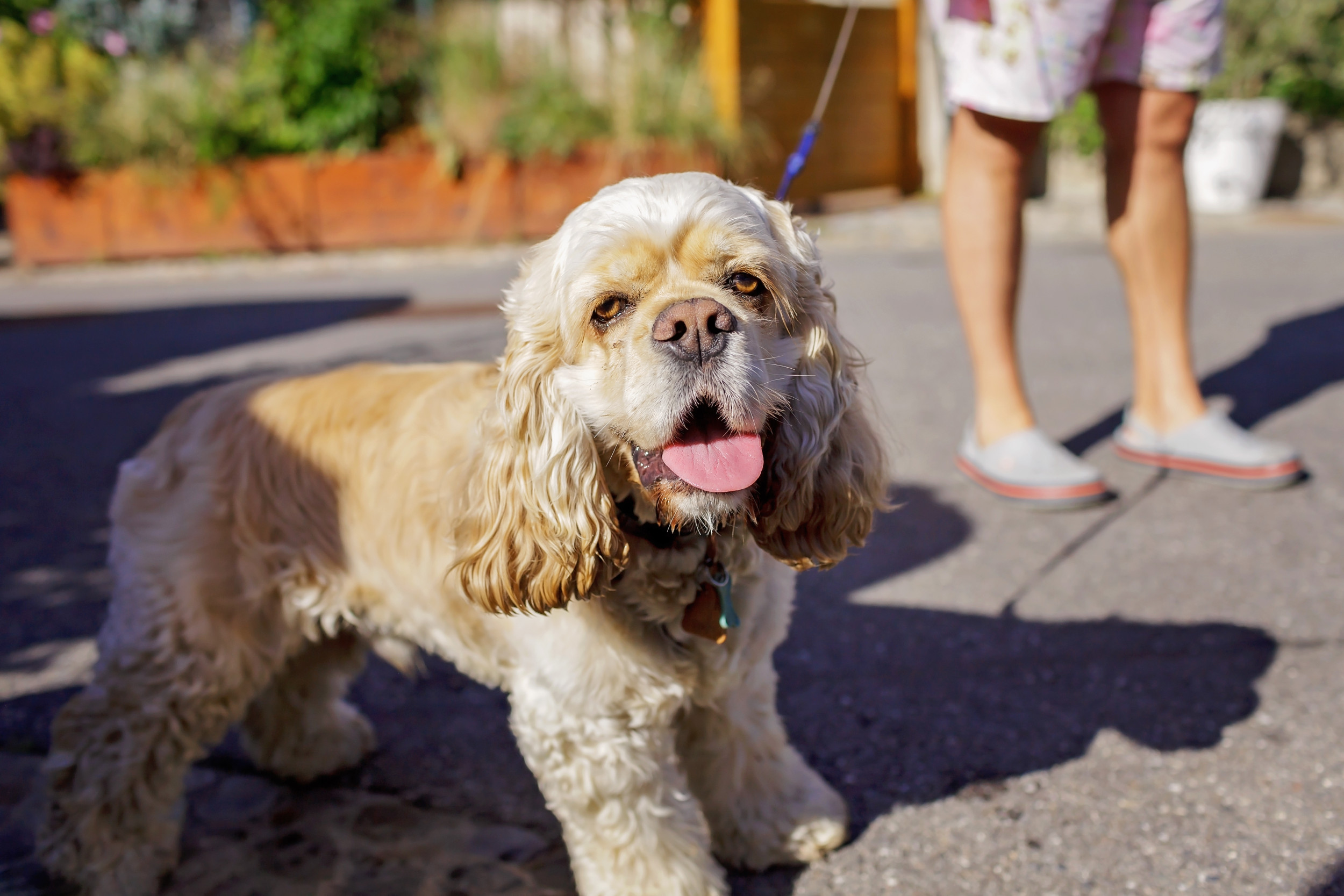By Steven Levy
Every January, apple CEO Steve Jobs appears without introduction (yeah, like he needs one) at the Macworld Expo, in a black turtleneck and jeans. And he proceeds to come up with something that puts a decided bulge in technology's envelope. You can usually be sure of three things about the stuff he unveils in this San Francisco event: it's gorgeous, it's easy to use and it ain't cheap.
Well, this year he hit two out of three. The products Jobs unveiled in his keynote--the iPod Shuffle music player and the Mac mini computer--are beautifully designed objects that are as friendly, if not more so, than their predecessors. But in a welcome break with its premium-priced past, Apple is aiming for the lower end of the market, to maintain dominance in the music world and to prop up PC market share.
For penny pinchers yearning to jump on the iPod bandwagon, the iPod Shuffle will be irresistible. To compete in the low-cost "flash memory" technology market (using a memory chip on the device as opposed to a larger-capacity hard drive), Apple did away with such well-known features as the "click wheel" and the display screen. In fact, the sleek, white player, barely the size of a pack of gum, has but two ways to play the 120 or 240 songs it carries: play them in order or "shuffle" them to play back randomly (either way, you can't see the title of the tune). "When you don't have much music it's a wonderful way to listen," says Jobs.
But can you call it a real iPod? Jobs himself defines iPod-ness as "just a great digital music player"--as well as something that ties into the popular iPod ecosystem of the iTunes software and online music store. The 22-gram wonder sells for $99 (120-song version) or $149 (240 songs). It's got a rechargeable battery (12 hours a charge) and a cool way to "autofill" your unit by loading a random selection of songs from your iTunes library.
The cigar-box-size $499 Mac mini is the ultimate answer to those who complain that Apple doesn't have an equivalent to the entry-level computers made by Dell or HP. Not that Jobs considers those machines equivalent. "The typical thing to do to come in at that price is to make it big, ugly and noisy," he says. "We wanted something really elegant, small and quiet, without giving up performance." So what's missing? Just the keyboard, mouse and monitor. Customers must buy their own--or, as Jobs hopes, "take out their big, noisy Dell box, use the same display, keyboard and mouse, and plug it into this tiny, quiet minibox--and have a whole new computer." Now that's a revelation.
Steve Jobs has rolled out flashy, low-cost versions of his hit products.
iPod Shuffle. All the cachet (but not all the songs) of the iPod for under $100. Great for workouts.
Mac mini. A real Mac for under $500! No monitor or keyboard.
It's the perfect time of year to escape to sunnier shores--and there's no hotter destination than Panama City. Best known for being home to the architectural feat called the Panama Canal, this lively Latin American city is just a stone's throw from some of Central America's richest rain forests. TIP SHEET investigates:
Stay at the Gamboa Rain-forest Resort ( gamboaresort .com ), a five-star hotel along the Panama Canal offering river-view hotel rooms (from $195) and therapeutic massages ($60).
Dine at Cafe Barko on the Amador Causeway. Enjoy the stunning views while feasting on Panamanian corvina, the popular local seafood.
Hike through the Metropolitan Nature Park and catch a glimpse of some of Panama's 954 species of birds. Advantage Tours Panama ( advantage panama.com ) offers full-day nature hikes that start at $150; group rates are available.
See the historic Casco Vieja section of the city and marvel at the Spanish colonial architecture of the Catedral Metropolitan and Palacio Municipal.
What the banks of the Rhine are to white wine, the hills of Darjeeling are to tea. The monsoon-swept highlands in far northern India are home to 68 of the world's greatest tea gardens, or plantations. But don't expect to find their finest leaves in your supermarket. The region's annual crop is about 10 million kilos, yet four times as much "Darjeeling" is sold around the world (grown mostly in Kenya and Sri Lanka). For the best of all Darjeeling you must make a pilgrimage to Mariage Freres in Paris, tea merchants since the 1660s (and now with a store in Tokyo's Ginza district). Ask for the astonishingly light and aromatic Brumes d'Himalaya--Himalayan Mists--a prized "first flush" tea, consisting of the leaf tips plucked in the first spring harvest. It comes from the Ambootia tea estate, which picks a little more than 2,000 kilos a year--most of which goes to Mariage Freres. So prepare for sticker shock: Brumes d'Himalaya retails for 1,200 euros a kilo. But, hey, that works out to less than 3 euros a cup.
Smug? You bet. Here I am on the school run in London in my T Spirit, a five-passenger plump silver bullet. And around me? Road hogs: a Mercedes ML 500 (6 to 7 kilometers per liter), a Toyota Land Cruiser (9 kpl). The source of my smugness? Try 28 kpl and emissions so teeny I'm exempted from central London's 5-pound-a-day congestion charge. Powered by a gas engine and an ancillary electric engine, the Prius is Europe's first hybrid automobile. I'm a contented pioneer.
To start the car, I touch a button (POWER). Not a sound. How civilized. When I need extra oomph, the gas engine kicks in, providing a reassuring vroom! The transition from electric to gas is seamless, and when I'm on the highway, I feel as if I'm in a proper car. With high fuel efficiency I get high tech: a Bluetooth telephone interface plus a satellite-navigation system with voice recognition. Toyota sold only 1,500 of these babies in Britain last year (Prince Charles's staff drives Priuses). With gasoline prices at 3.20 pounds a gallon in the U.K., that will no doubt change.
Tip: Think fast. There's a two-month or longer waiting list at U.K. dealerships.
The aurora borealis--better known as the northern lights--is in prime viewing season now. The farther north of the Arctic Circle you go, the better. TIP SHEET explores:
The Norwegian city of Tromso hosts the annual Northern Lights Festival (Jan. 26-30). This year's theme: "Rhythms"--lots of percussion, dancing and lights ( nordlysfestivalen.no ).
Try weeklong whale-watching cruises around Iceland and Greenland with the Travelling Naturalist for glimpses of bold color ( www.naturalist.co.uk ).
In the Russian city of Murmansk , while you wait for the light you can visit the Regional Art Museum for paintings based on life in the arctic north ( 2004.murman.ru ).
In North America, Alberta 's Fort McMurray offers ice skating, hiking and, of course, mystical lights against bright snow ( fortmcmurraytourism.com ).
When life hands you lemons, make lemonade. But what if you get kumquats? A guide to exotic fruit (right, from top): KUMQUAT: Pop one of these tiny treats in your mouth--skin and all. They have a sweet, edible rind and a fleshy, tart center.
MEYER LEMON:
MINNEOLA TANGELO: A tangerine and grapefruit hybrid, its sweet-tart flavor adds a kick to salad dressings.
UGLI FRUIT: It's what's inside that counts. Remove the bumpy rind and find tangy, juicy pulp. Select ones that are heavy for their size.
POMELO: Swap your grapefruit for this sweeter, less acidic fruit. Pick ones that aren't hard when you squeeze them.
Uncommon Knowledge
Newsweek is committed to challenging conventional wisdom and finding connections in the search for common ground.
Newsweek is committed to challenging conventional wisdom and finding connections in the search for common ground.





